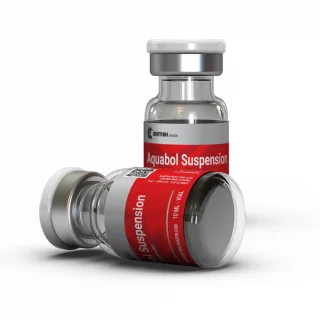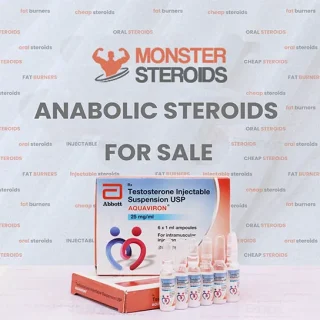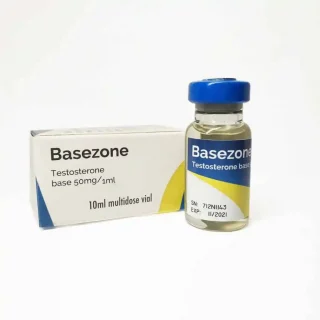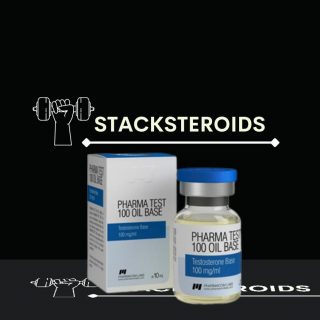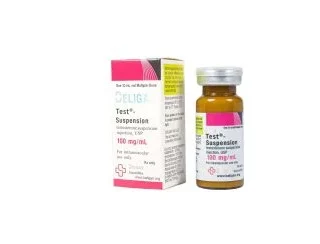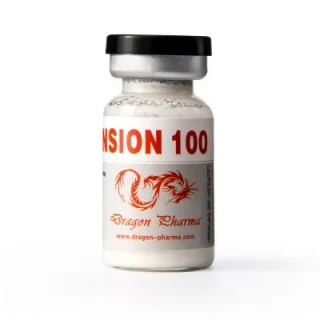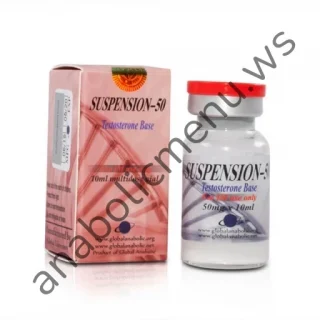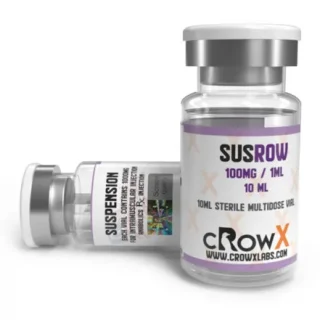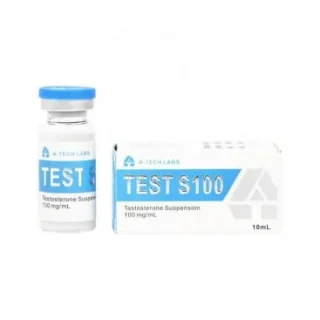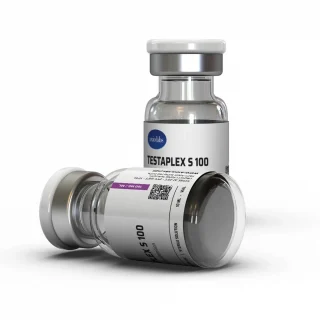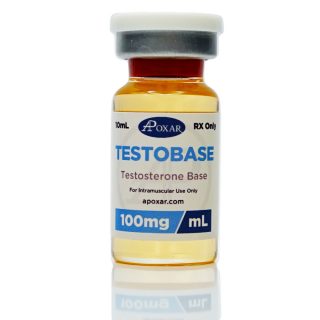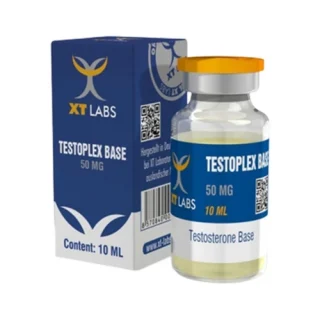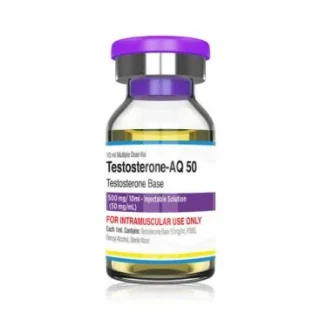Testosterone indications and side effects
Indications and Usage for Testosterone Topical Solution
Testosterone topical solution is indicated for replacement therapy in males for conditions associated with a deficiency or absence of endogenous testosterone.
- Primary hypogonadism (congenital or acquired): testicular failure due to conditions such as cryptorchidism, bilateral torsion, orchitis, vanishing testis syndrome, orchiectomy, Klinefelter’s syndrome, chemotherapy, or toxic damage from alcohol or heavy metals. These men usually have low serum testosterone concentrations and gonadotropins (FSH, LH) above the normal range.
- Hypogonadotropic hypogonadism (congenital or acquired): gonadotropin or luteinizing hormone-releasing hormone (LHRH) deficiency or pituitary-hypothalamic injury from tumors, trauma, or radiation. These men have low testosterone serum concentrations but have gonadotropins in the normal or low range.
Limitations of use:
- Safety and efficacy of testosterone topical solution in men with “age-related hypogonadism” (also referred to as “late-onset hypogonadism”) have not been established.
- Safety and efficacy of testosterone topical solution in males <18 years old have not been established.
Precautions
- It is very important that your doctor check your progress at regular visits to make sure that this medicine is working properly. Blood and urine tests may be needed to check for unwanted effects.
- This medicine should not be used by women, especially those who are pregnant or might become pregnant. Testosterone may cause birth defects if a pregnant woman comes in contact with the medicine. Make sure your doctor knows if your sexual partner is pregnant. If a pregnancy occurs while you are using this medicine, tell your doctor right away.
- Your blood pressure might get too high while you are using this medicine. This may cause headaches, dizziness, or blurred vision. You might need to measure your blood pressure at home. If you think your blood pressure is too high, call your doctor right away.
- This medicine may increase the risk of prostate cancer, especially in older men. Make sure your doctor knows if you have prostate cancer, or if anyone in your family has prostate cancer.
- This medicine may cause blood clotting problems. Tell your doctor right away if you have pain, redness, or swelling in the arm or leg, sharp pains in the chest, or trouble breathing.
- This medicine may increase your risk of having heart or blood vessel problems, including a heart attack or stroke. Tell your doctor right away if you have chest pain that may spread to your arms, jaw, back, or neck, faintness, headache, nausea, vomiting, trouble breathing, trouble seeing or speaking, or unusual sweating.
- Check with your doctor right away if you have pain or tenderness in the upper stomach, pale stools, dark urine, loss of appetite, nausea, vomiting, or yellow eyes or skin. These could be symptoms of a serious liver problem.
- This medicine may cause some people to be agitated, irritable, or display other abnormal behaviors. It may also cause some people to have suicidal thoughts and tendencies or to become more depressed. Also tell your doctor if you have sudden or strong feelings, such as feeling nervous, angry, restless, violent, or scared. If you or your caregiver notice any of these side effects, tell your doctor right away.
- This medicine may cause swelling of the breasts (gynecomastia) and breast pain in some patients. If you have questions about this, talk to your doctor.
- Hypercalcemia (high calcium in the blood) may occur in patients taking this medicine. Check with your doctor right away if you have stomach pain, confusion, constipation, depression, dry mouth, increased urination, loss of appetite, metallic taste, or muscle weakness.
- This medicine may cause changes in the level of cholesterol and fats in your blood. If this condition occurs, your doctor may give you a medicine to adjust the cholesterol and fats. Talk to your doctor if you have concerns.
- This medicine may be habit-forming. If you feel that the medicine is not working as well, do not use more than your prescribed dose. Call your doctor for instructions.
- In some cases, this medicine may decrease the amount of sperm men make and affect their ability to have children. Talk with your doctor before you use this medicine if you plan to have children.
- Do not take other medicines unless they have been discussed with your doctor. This includes prescription or nonprescription (over-the-counter [OTC]) medicines and herbal or vitamin supplements.
Side Effects
Along with its needed effects, a medicine may cause some unwanted effects. Although not all of these side effects may occur, if they do occur they may need medical attention.
Check with your doctor immediately if any of the following side effects occur:
Less common:
- Bleeding from the gums or nose
- bloating or swelling of the face, arms, hands, lower legs, or feet
- blurred vision
- bone or muscle pain
- discouragement
- dizziness
- enlarged prostate
- eye pain
- feeling sad or empty
- headache
- irritability
- lack of appetite
- loss of interest or pleasure
- nervousness
- painful or difficult urination
- pounding in the ears
- ringing in the ears
- slow or fast heartbeat
- stomach pain
- tingling of the hands or feet
- trouble concentrating
- trouble sleeping
- unusual tiredness or weakness
- unusual weight gain or loss
Rare:
- Changes in behavior
- thoughts of killing oneself
- Incidence not known
- Chest pain or discomfort
- confusion
- difficulty breathing
- difficulty in speaking
- double vision
- inability to move the arms, legs, or facial muscles
- inability to speak
- nausea
- pain in the chest, groin, or legs, especially the calves
- pain or discomfort in the arms, jaw, back, or neck
- severe, sudden headache
- slow or slurred speech
- sudden loss of coordination
- sudden, severe weakness or numbness in the arm or leg
- sweating
- vision changes
- vomiting
Get emergency help immediately if any of the following symptoms of overdose occur:
- Symptoms of overdose
- Blurred vision
- inability to speak
- seizures
- severe or sudden headache
- slurred speech
- temporary blindness
- weakness in the arm or leg on one side of the body, sudden and severe
Some side effects may occur that usually do not need medical attention. These side effects may go away during treatment as your body adjusts to the medicine. Also, your health care professional may be able to tell you about ways to prevent or reduce some of these side effects. Check with your health care professional if any of the following side effects continue or are bothersome or if you have any questions about them:
Less common:
- Belching
- bloated, full feeling
- diarrhea
- excess air or gas in the stomach
- heartburn
- indigestion
- runny or stuffy nose
- sore throat
- stomach discomfort or upset
Other side effects not listed may also occur in some patients. If you notice any other effects, check with your healthcare professional.
Showing 1–16 of 28 results
-
AndroBase 100 Canada Peptides
€65.00Add to cartIntroducing AndroBase 100 by Canada Peptides: Unlock Your True Potential Are you looking to enhance your athletic performance, boost muscle growth, and achieve your fitness goals faster? Look no further than AndroBase 100 by Canada Peptides. This cutting-edge product is designed to help you unleash your true potential and take your training to the next …
-
Aquabol Suspension 100 mg British Dragon
€52.00Add to cartAquabol Suspension 100 mg British Dragon Introducing Aquabol Suspension 100 mg by British Dragon, a cutting-edge pharmaceutical product designed to enhance your athletic performance and help you achieve your fitness goals. With its unique formulation and potent ingredients, Aquabol Suspension is the ultimate solution for individuals seeking to push their limits and maximize their results. …
-
Aquatest 100 mg Balkan Pharmaceuticals
€75.00Add to cartAquatest 100 mg Balkan Pharmaceuticals: The Ultimate Testosterone Booster Are you looking to enhance your athletic performance and achieve your fitness goals faster? Look no further than Aquatest 100 mg by Balkan Pharmaceuticals. This powerful testosterone booster is designed to provide you with unmatched strength, endurance, and muscle gains. With its exceptional pharmacological properties and …
-
Aquaviron 25 mg Abbott Laboratories
€72.60Add to cartAquaviron 25 mg Abbott Laboratories: Unlock Your True Potential Are you looking to enhance your physical performance and achieve your fitness goals? Look no further than Aquaviron 25 mg by Abbott Laboratories. This powerful and reliable product is designed to help you unleash your true potential and take your performance to the next level. With …
-
Basezone 50 mg AlphaZone Pharmaceuticals
€40.00Add to cartIntroducing Basezone 50 mg by AlphaZone Pharmaceuticals Basezone 50 mg is a revolutionary product developed by AlphaZone Pharmaceuticals, designed to provide effective relief from various health conditions. With its unique formulation and powerful pharmacological properties, Basezone 50 mg offers a range of benefits to customers seeking a reliable solution for their health concerns. Pharmacological Properties …
-
GP Test Suspension 100 Geneza Pharmaceuticals
€36.00Add to cartGP Test Suspension 100 Geneza Pharmaceuticals Introducing GP Test Suspension 100 by Geneza Pharmaceuticals, a cutting-edge product designed to enhance athletic performance and promote muscle growth. With its unique formulation and potent ingredients, this testosterone suspension offers unparalleled benefits for athletes and bodybuilders alike. Pharmacological Properties GP Test Suspension 100 is a powerful injectable testosterone …
-
Magnum Test-AQ 75 Magnum Pharmaceuticals
€55.00Add to cartMagnum Test-AQ 75: Unlock Your True Potential Introducing Magnum Test-AQ 75 by Magnum Pharmaceuticals, the ultimate solution for those seeking to enhance their performance and achieve their fitness goals. With its powerful formula and cutting-edge technology, this product is designed to take your training to the next level. Whether you are an athlete, bodybuilder, or …
-
Pharma Test Oil Base 100 mg Pharmacom Labs
€42.90Add to cartPharma Test Oil Base 100 mg Pharmacom Labs Introducing Pharma Test Oil Base 100 mg by Pharmacom Labs, a cutting-edge product designed to enhance your performance and take your fitness journey to new heights. With its unique formulation and potent ingredients, this testosterone booster is a game-changer in the world of sports supplements. Unleash Your …
-
Super Testosterone 100 mg Beligas
€46.00Add to cartSuper Testosterone 100 mg Beligas: Unlock Your True Potential Are you looking to enhance your athletic performance, build lean muscle mass, and boost your overall vitality? Look no further than Super Testosterone 100 mg Beligas. This cutting-edge product is designed to optimize your testosterone levels, helping you achieve your fitness goals and unlock your true …
-
Suspension 100 Dragon Pharma
€37.00Add to cartSuspension 100 Dragon Pharma: The Ultimate Performance Enhancer Are you ready to take your athletic performance to the next level? Look no further than Suspension 100 by Dragon Pharma. This cutting-edge product is designed to provide you with unparalleled strength, endurance, and muscle gains. With its unique formulation and potent ingredients, Suspension 100 is the …
-
Suspension-50 (Test Base) 50 mg Global Anabolic
€38.00Add to cartSuspension-50 (Test Base) 50 mg Global Anabolic Introducing Suspension-50 (Test Base) 50 mg by Global Anabolic, a revolutionary product designed to enhance your performance and take your fitness journey to new heights. With its potent formula and exceptional benefits, Suspension-50 is the ultimate choice for athletes, bodybuilders, and fitness enthusiasts seeking remarkable results. Unleash Your …
-
SUSROW 100 mg CrowX Labs
€77.00Add to cartSUSROW 100 mg CrowX Labs Introducing SUSROW 100 mg, the revolutionary product from CrowX Labs that offers a comprehensive solution for various health concerns. With its unique formulation and powerful pharmacological properties, SUSROW 100 mg is designed to provide effective relief and improve overall well-being. Discover the benefits of SUSROW 100 mg and unlock a …
-
Test S100 100 mg A-Tech Labs
€69.00Add to cartIntroducing Test S100 100 mg by A-Tech Labs Are you looking to enhance your athletic performance and achieve your fitness goals? Look no further than Test S100 100 mg by A-Tech Labs. This cutting-edge product is designed to provide you with the strength, stamina, and muscle gains you’ve always desired. With its unique formulation and …
-
Testaplex S 100 100 mg Axiolabs
€52.00Add to cartTestaplex S 100 100 mg Axiolabs Introducing Testaplex S 100 100 mg by Axiolabs, a cutting-edge testosterone supplement designed to enhance your performance and help you achieve your fitness goals. With its powerful formula and exceptional quality, Testaplex S 100 is the ultimate choice for athletes, bodybuilders, and fitness enthusiasts looking to take their training …
-
Testobase 100 mg Alpha-Pharma
€62.70Add to cartTestobase 100 mg Alpha-Pharma: Unleash Your True Potential Are you looking to enhance your athletic performance and achieve your fitness goals? Look no further than Testobase 100 mg by Alpha-Pharma. This powerful anabolic steroid is designed to help you reach new heights in strength, muscle mass, and overall physical performance. With its exceptional pharmacological properties …
-
Testobase 100 mg Apoxar
€65.00Add to cartTestobase 100 mg Apoxar: Unleash Your True Potential Are you looking to enhance your athletic performance and achieve your fitness goals faster? Look no further than Testobase 100 mg Apoxar. This powerful anabolic steroid is designed to help you push your limits and unlock your true potential. With its exceptional pharmacological properties and proven effectiveness, …


